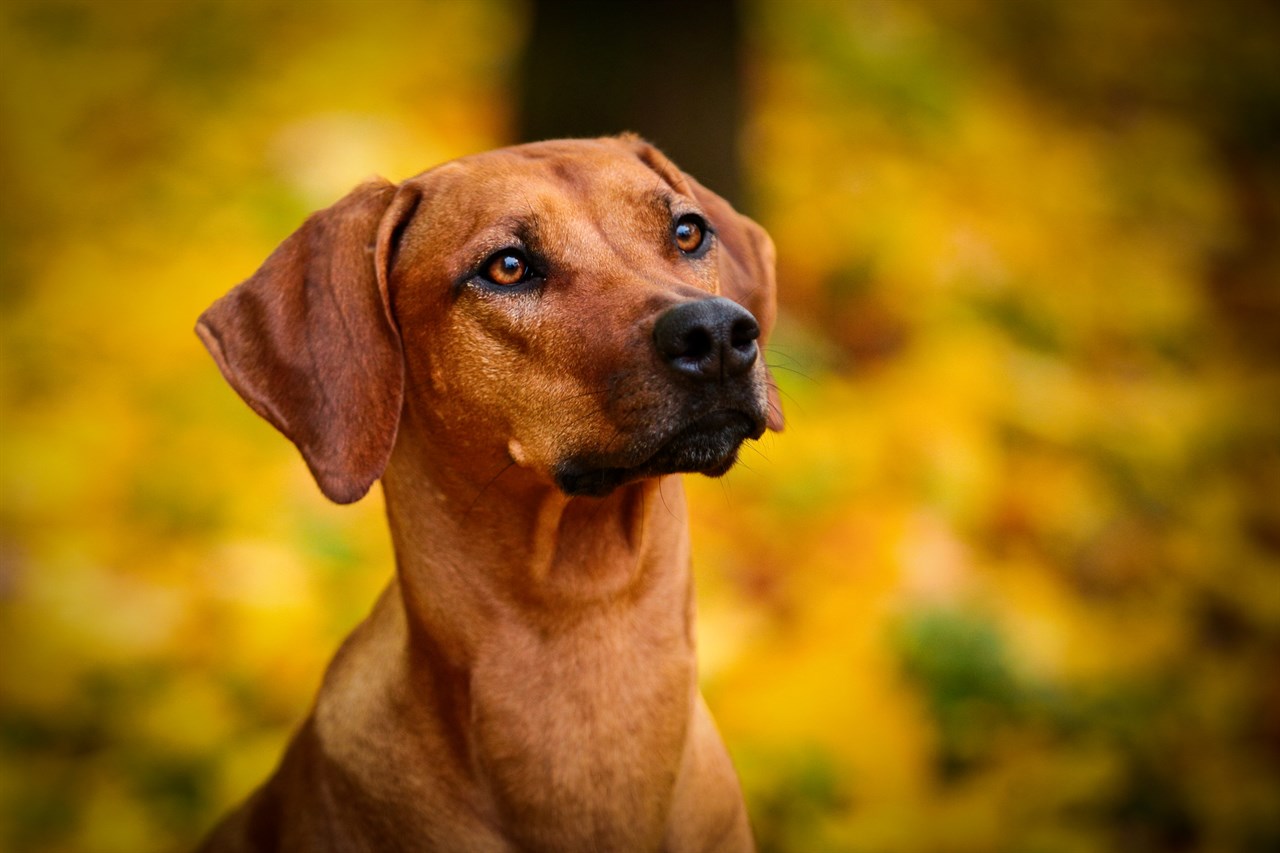Temperament, Personality, and Behaviour of the Rhodesian Ridgeback

Rhodesian Ridgebacks are known for their unique blend of temperament and personality traits, making them both loyal companions and versatile working dogs. Understanding their behaviour is crucial for anyone considering this breed as a pet.
Loyalty and Affection
Ridgebacks are renowned for their unwavering loyalty and affection toward their human family members. They often form a strong bond with their owners and can be incredibly affectionate, enjoying cuddling and spending quality time with their loved ones.
Independence
While they are affectionate, Ridgebacks also have a degree of independence. They are not overly clingy and are known to be quite self-sufficient, which can be appealing to owners who value some personal space.
Protective Instincts
These dogs have a natural protective instinct, making them excellent guard dogs. They will often alert their owners to any potential threats, which makes them a valuable addition to a family looking for both companionship and security.
Playful and Energetic
Ridgebacks are energetic and playful dogs. They thrive on physical activity and mental stimulation. Regular exercise and engaging playtime are essential to keep them happy and prevent boredom-related behaviours.
Intelligence
They are an intelligent breed and can quickly learn commands and new tricks. However, their independent nature may sometimes lead them to decide whether or not they want to obey.
Good with Children
When raised in a family environment, Rhodesian Ridgebacks can be wonderful with children. Their protective instincts often extend to the young members of the household, and they can become loyal playmates and protectors.
Socialisation
Early socialisation is crucial to ensure that Ridgebacks are comfortable around other dogs and animals. They can be reserved or aloof with unfamiliar dogs if not properly socialised.
Reserved with Strangers
While they are affectionate with their family, Ridgebacks are often reserved or aloof with strangers. This reserved nature can be perceived as aloofness, but it's usually just their natural cautiousness.
Drooling
Rhodesian Ridgebacks are not known for excessive drooling. Some drooling may occur, especially when they are anticipating food, but it is not a characteristic trait of the breed.
Licking Behaviour
Like many dogs, Ridgebacks may lick themselves as a way to self-groom. However, excessive licking can also be a sign of underlying health issues or allergies, so it's important to monitor this behaviour and consult with a veterinarian if it becomes a concern.
Bonding
While Ridgebacks are loyal to their families, they are not necessarily one-person dogs. They can form strong bonds with multiple family members, although they may have a special connection with one individual.
Calming Down with Age
Ridgebacks are known for their high energy levels, which tend to mellow with age. Typically, by the age of two or three, they become less exuberant and more relaxed. However, they remain active throughout their lives and require regular exercise.
In summary, Rhodesian Ridgebacks are known for their loyalty, independence, protectiveness, and playfulness. They make excellent companions for active individuals or families who can provide them with the physical and mental stimulation they need. Proper training, socialisation, and love are key to nurturing their positive traits and ensuring a harmonious relationship with these magnificent dogs.
Now, let's address the questions you raised
How do Ridgebacks show affection?
Ridgebacks show affection through cuddling, wagging their tails, licking their owners, and wanting to spend time with them.
Are Rhodesian Ridgebacks one-person dogs?
While they may form a strong bond with one person, they can also bond with multiple family members.
Are Rhodesian Ridgebacks aggressive?
They are not inherently aggressive, but they can be protective and reserved with strangers. Proper socialisation is essential to ensure they are well-behaved around others.
Why does my Ridgeback sit on me?
Sitting on or near their owners is often a sign of affection and a desire for closeness.
Are Rhodesian Ridgebacks friendly with strangers?
They tend to be reserved with strangers but are not typically aggressive. Early socialisation can help them be more comfortable around unfamiliar people.
Are Rhodesian Ridgebacks clingy?
They are not typically clingy dogs, as they have an independent streak. However, they do enjoy spending time with their owners.
At what age do Ridgebacks calm down?
Ridgebacks tend to become less exuberant and more relaxed around the age of two or three, but they remain active throughout their lives.
Why do Rhodesian Ridgebacks lick themselves so much?
Licking is a form of self-grooming for dogs. However, excessive licking can indicate underlying health issues or allergies, so it's essential to monitor this behaviour.
Do Rhodesian Ridgebacks drool a lot?
No, they are not known for excessive drooling. Some drooling may occur, especially in anticipation of food, but it is not a common trait of the breed.
Rhodesian Ridgeback puppies for sale
- Find Rhodesian Ridgeback puppies for sale in ACT
- Find Rhodesian Ridgeback puppies for sale in NSW
- Find Rhodesian Ridgeback puppies for sale in NT
- Find Rhodesian Ridgeback puppies for sale in QLD
- Find Rhodesian Ridgeback puppies for sale in SA
- Find Rhodesian Ridgeback puppies for sale in TAS
- Find Rhodesian Ridgeback puppies for sale in VIC
- Find Rhodesian Ridgeback puppies for sale in WA